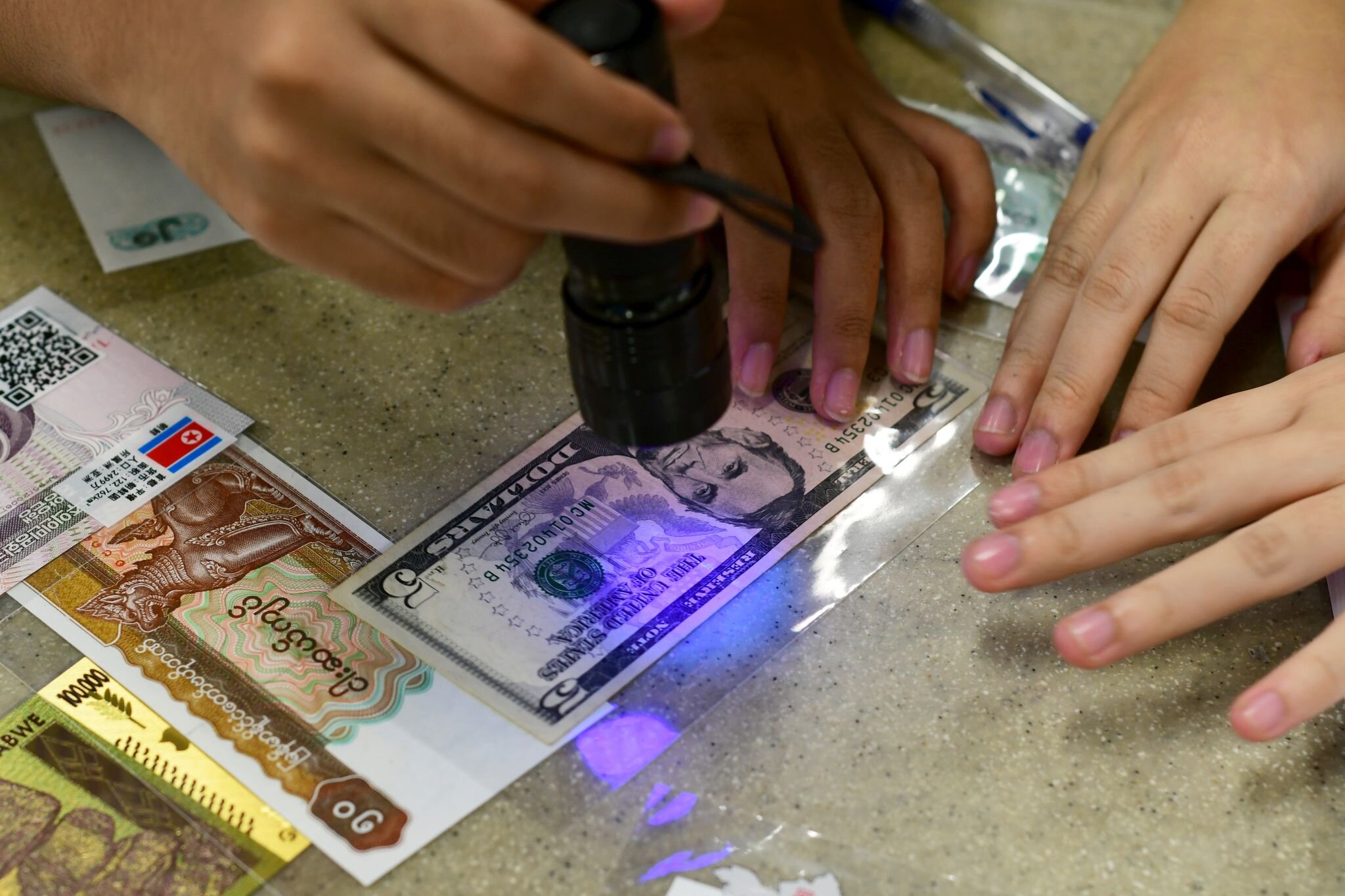There was a mentoring programme when I was in Temasek Polytechnic studying Biotechnology.
Senior students were matched with their juniors, who could seek their help in understanding difficult subject concepts.
The programme was meant to benefit both the juniors and the seniors (and, I suppose indirectly, the lecturers as well).
As one of my lecturers put it,
"If you cannot explain your subject to someone else, you don't know it well enough."
Have You Been In My Classroom? You May Have Been the Subject of an Experiment.
Despite having been an educator for such a long time, I still test out new methods and information whenever I get the opportunity.
Which means that, if you've ever been in my classroom, lecture theatre, webinar, or similar setting, there's a very high probability that I conducted some kind of experiment on you.
Don't worry, you weren't being bombarded with gamma rays or breathing in odourless chemicals I infused into the air.
It was more likely a test to see how you would react to a certain way of delivery, a new activity, or a new way of conducting an established activity.
I approach it the way a stand-up comedian approaches new material that he/she has written - basically, test it until you know whether to keep it or dump it.
And I've dumped a whole lot more material than I've kept.
So, this is to say thank you for allowing me to test them out on you, and for participating (albeit mostly unknowingly - oops!) in my experiments. ;)
Autonomy in the Classroom Case Study: Forgery and Financial Crime
One of the modules I teach my students covers lessons on Forgery and Financial Crime.
One of the activities involves my students examining currency notes from different countries around the world, as well as bank cheques.
They perform the examinations with UV lights and a digital microscope. Of course, I show them what safety features to look out for before they go at it.
Here’s the thing:
I’ve had teachers from the schools I teach at expressing concern over the fact that I’m “distributing money” and worrying that I won’t get it back.
I tell them that I’ve done this for years and I’ve never lost a single currency note or any apparatus used for this activity.
All I do at the start of the activity is tell my students matter-of-factly that I want my currency notes and bank cheques back at the end of the session.
I don’t mention this again until it’s time to return everything.
There have been multiple cases of students trying to raise a reaction in me by playfully threatening to walk off with the currency notes. I simply smile (now quite hard to see, because I’m wearing a mask) and tell them that, when they’re done, they can put it back on my table.
The point is this: Students will test boundaries and they will test you. They often do this in order to feel you out - to see whether they can look up to you, treat you as a friend, or to see if they should avoid you.
It is up to you as a teacher to set those boundaries and stick to them. It is also up to you to express confidence in your students and their moral values - that they will do the right thing, given the opportunity.
Students don’t need to be nagged or coddled. They are fully capable of doing the right thing at the right time in the right way. Give them the space to do so.
To help your confidence, I haven’t lost a single currency note.
Learning in a Safe Space is Important. Both for the Teacher and the Student.
"Of course you know the answer, you're the teacher."
I've been told this many times over the course of my work as an educator, almost as a sort of protest against my "difficult questions".
The thing is, when I probe further, my learners often know at least some part of the answer.
It makes me wonder why they aren't willing to offer what they already know, even as a partial answer.
There is the obvious fear of ridicule, cultivated through a system that sees failures as wholly bad and celebrates only the best successes.
Which means that they don't yet feel safe to try.
Though the time I usually have with my learners is short, hours compared to the years they've been in 'the system', I'm constantly trying to improve the speed and efficacy at which I can make my learning spaces safe for them.
I've managed to shorten it to an average of just over 2 sessions of about 1.5 - 2 hours, which means they will have spent about 3 - 4 hours with me before we start feeling comfortable with each other.
I used to need at least 3 sessions (about 6 hours) before I get to this point, but experience is a great teacher.
And I'm determined to learn from her as much as I possibly can.

